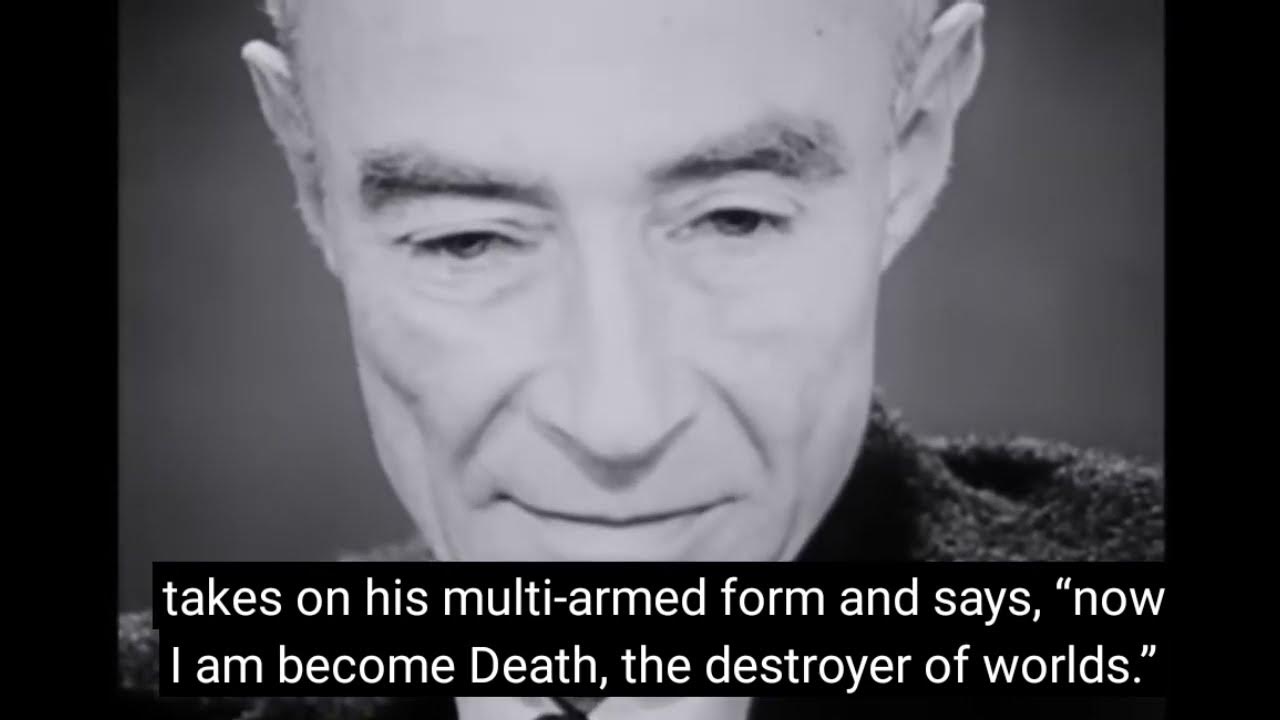Unraveling The Mystery: Why Is The Oppenheimer Dialogue Hard To Hear?
In a world where dialogue often drives the narrative, the recent cinematic portrayal of J. Robert Oppenheimer has sparked discussions about one specific aspect: the difficulty in hearing the dialogue clearly. As viewers flock to theaters, they find themselves caught off guard by the muffled conversations and the intricate sound design that complicates the overall viewing experience. Is it intentional artistry or a technical flaw? This article aims to dissect the layers behind this auditory challenge in Oppenheimer's dialogue, exploring both the film's artistic choices and the potential implications for audience engagement.
As Oppenheimer's story unfolds on screen, audiences are left pondering the significance of the hard-to-hear dialogue. What does it mean for character development and emotional resonance? Do filmmakers prioritize authenticity over clarity, or is it merely a miscalculation? This article will delve into these questions, offering insights into how the film's sound design may influence overall comprehension and viewer satisfaction.
Ultimately, understanding why the Oppenheimer dialogue is hard to hear invites us to reflect on our cinematic experiences and what we expect from a film's auditory landscape. Are we willing to embrace ambiguity in exchange for a more profound artistic expression? Join us as we explore this fascinating intersection of sound, storytelling, and viewer interpretation.
Who Was J. Robert Oppenheimer?
J. Robert Oppenheimer was a prominent physicist known for his pivotal role in the development of the atomic bomb during World War II. Often referred to as the "father of the atomic bomb," Oppenheimer's contributions to science and his ethical dilemmas following the bomb's creation have made him a subject of immense interest and debate.
| Personal Details | Bio Data |
|---|---|
| Full Name | J. Robert Oppenheimer |
| Date of Birth | April 22, 1904 |
| Place of Birth | New York City, USA |
| Field | Physics |
| Known For | Manhattan Project |
| Date of Death | February 18, 1967 |
What Factors Contribute to the Difficulty in Hearing Oppenheimer’s Dialogue?
The challenge of hearing the dialogue in Oppenheimer can be attributed to several factors. Firstly, the film's sound mixing choices may prioritize atmospheric sounds over dialogue clarity, creating an immersive experience that can sometimes feel overwhelming. Additionally, the use of complex layering with background noise and music can obscure spoken words. This raises the question: Are these artistic choices enhancing or detracting from the film?
Is Artistic Intent Behind the Muffled Dialogue?
One prevailing theory is that the hard-to-hear dialogue is a deliberate artistic decision. Filmmakers often use sound as a storytelling device, with muffled conversations reflecting Oppenheimer’s internal struggles and the chaos of his time. This approach can draw viewers deeper into the narrative, but it also risks alienating those who may find it frustrating to follow the story. Are audiences equipped to appreciate this nuanced sound design, or does it create an unnecessary barrier?
How Does Dialogue Clarity Impact Audience Engagement?
Dialogue clarity plays a crucial role in audience engagement. When viewers struggle to hear conversations, they may disengage from the story, leading to a fragmented viewing experience. In Oppenheimer, the hard-to-hear dialogue could diminish the emotional impact of key scenes, leaving audiences feeling disconnected from the characters’ journeys. Is there a balance to strike between artistic expression and maintaining audience immersion?
What Can Filmmakers Learn from the Oppenheimer Dialogue Experience?
The challenges presented by Oppenheimer's dialogue serve as a valuable lesson for filmmakers. Striking the right balance between sound design and dialogue clarity is essential for effective storytelling. Future productions may benefit from considering how sound choices can impact audience perception and emotional investment. Can filmmakers find ways to push artistic boundaries while ensuring that audiences remain engaged?
Are There Technical Solutions to Improve Dialogue Clarity in Film?
While creative choices play a significant role, technical solutions can also help enhance dialogue clarity. Advances in sound technology and mixing techniques can provide filmmakers with tools to balance atmospheric sound with clear dialogue delivery. Understanding how to leverage these tools effectively can lead to a richer cinematic experience. Could this push the boundaries of sound design while preserving the audience’s ability to engage with the narrative?
What Does the Audience Think About the Oppenheimer Dialogue?
Audience reactions to the Oppenheimer dialogue have been mixed. Some viewers appreciate the film's sound design as a reflection of its historical context, while others express frustration at the difficulty in following the plot. Social media platforms and review sites are abuzz with opinions on whether the dialogue challenges enhance or hinder the overall experience. How can filmmakers navigate these diverse perspectives while remaining true to their artistic vision?
Is Dialogue Clarity a Universal Concern in Modern Cinema?
Oppenheimer is not alone in facing scrutiny regarding dialogue clarity. Many modern films grapple with similar challenges, leading to a broader conversation about sound design in cinema. As audiences become more discerning, the expectation for clear dialogue may rise. Are filmmakers prepared to adapt to this evolving landscape, or will the trend of prioritizing atmospheric sound continue to dominate?
Conclusion: Navigating the Auditory Landscape of Oppenheimer
The dialogue in Oppenheimer presents a compelling case study in the balance between artistic expression and audience comprehension. As viewers, we are challenged to engage with the film on multiple levels, navigating the complexities of sound design and narrative. Whether the hard-to-hear dialogue serves as a barrier or an invitation to deeper understanding ultimately lies in the individual viewer's interpretation. As we reflect on our cinematic experiences, the Oppenheimer dialogue hard to hear may serve as a reminder of the intricate dance between sound, storytelling, and viewer perception.
Unveiling The World Of Celebrity One Piece: A Glimpse Into Fame And Fandom
Love In The Limelight: Corey Seager And Madisyn Van Ham
Unraveling The Connection: Are Jonathan Gilbert And Melissa Gilbert Related?


